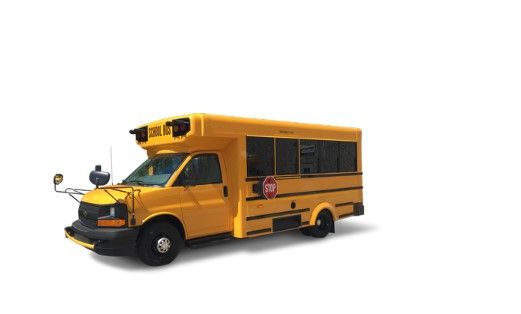
The transportation industry is facing a pivotal transformation. With tightening emissions regulations, rising fuel costs, and the demand for sustainable practices, more organizations are turning to electric transportation as a long-term solution. For institutions and businesses that rely on bus transit—be it public transportation, school systems, or private charters—engaging with reliable electric bus manufacturers has become a critical move toward future-proofing their operations.
Commercial fleets are no longer just about capacity and logistics—they are now expected to deliver on energy efficiency, low emissions, and digital connectivity. Here’s why partnering with dedicated electric bus manufacturers is a logical step when building or expanding your commercial fleet.
1. Specialization in Electrified Vehicle Engineering
Unlike traditional bus manufacturers in the USA, electric bus manufacturers design every component of the bus with battery efficiency, electric motor integration, and lightweight material balance in mind. This level of specialization ensures better compatibility between parts, optimized energy consumption, and fewer mechanical issues in the long run.
These manufacturers aren't just retrofitting gas-powered models; they're designing buses from the ground up to run on electric systems. The results include better weight distribution, improved regenerative braking systems, and extended battery life—all essential for the unique needs of commercial fleets.
2. Support for Fleet Electrification Planning
Transitioning to an electric fleet is more complex than simply buying new buses. Electric bus manufacturers often assist buyers in planning routes based on battery range, identifying charging infrastructure requirements, and integrating software for fleet management.
For large-scale operators—such as municipalities or school districts—this insight is invaluable. A strategic approach from the beginning avoids operational hiccups, reduces downtime, and ensures your new electric fleet performs at optimal levels from day one.
3. Compliance With Safety and Environmental Standards
Leading electric school bus manufacturers design vehicles that meet stringent safety protocols and emissions regulations. These standards are increasingly becoming mandatory across many regions in North America.
From battery fire safety to zero-emission certifications, working with certified school bus manufacturers ensures that your fleet adheres to both current laws and anticipated future regulations. This is particularly important for school districts that must meet strict safety guidelines to transport children.
Additionally, federal and state-level programs often provide grants, rebates, or tax incentives for those who partner with eligible manufacturers. This can significantly reduce the upfront costs of electrifying your fleet.
4. Long-Term Cost Efficiency
Though the initial cost of purchasing electric buses can be higher, the long-term operational costs are generally much lower. Electricity is cheaper than diesel or gasoline, and electric drivetrains involve fewer moving parts—meaning reduced maintenance and repair needs.
Electric bus manufacturers often provide tools to help calculate the Total Cost of Ownership (TCO), factoring in fuel savings, maintenance reduction, and potential incentives. Fleet operators looking at the bigger picture find that electric buses deliver better financial efficiency over time.
5. Customization Options for Diverse Fleet Needs
Not all electric commercial fleets are created equal. Some organizations may require smaller shuttles for city transportation, while others may need full-sized school buses with accessibility features.
Top-tier bus manufacturers in the USA offer highly customizable platforms that support various seating layouts, power configurations, and accessibility solutions. Whether it’s incorporating Wi-Fi, digital passenger counters, or ADA-compliant lifts, electric bus manufacturers provide the flexibility needed for specialized operational roles.
6. Integration of Advanced Technology
Modern electric buses are far more than just emission-free vehicles—they’re intelligent machines. Many electric bus manufacturers now include digital dashboards, real-time diagnostics, GPS tracking, and telematics integrations as part of their offerings.
These technologies improve fleet visibility, driver behavior monitoring, route optimization, and preventive maintenance scheduling. For large commercial fleets, such integrations are crucial for improving service reliability and reducing overhead.
Final Thoughts
In a world shifting toward sustainable, intelligent transportation solutions, electric bus manufacturers are more than suppliers—they are strategic partners in the evolution of commercial mobility. From advanced engineering to compliance and technology integration, these manufacturers bring tailored solutions that address the unique needs of every fleet.
Whether you're a municipality looking to upgrade public transport, a logistics operator expanding urban shuttle services, or a school district planning the next generation of student transport, choosing a dedicated electric school bus manufacturer or bus manufacturer USA puts your investment on a path toward resilience, efficiency, and regulatory alignment.
The future of transportation is electric—and those who partner with expert manufacturers today will lead the charge tomorrow.